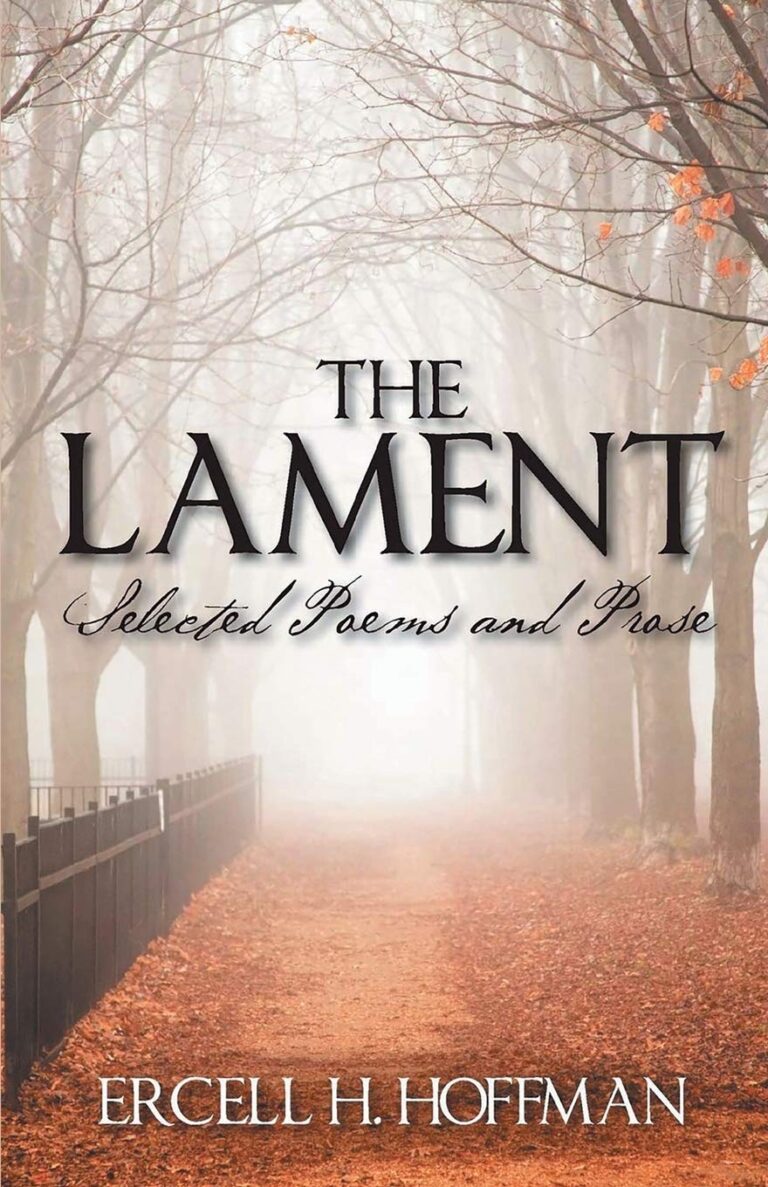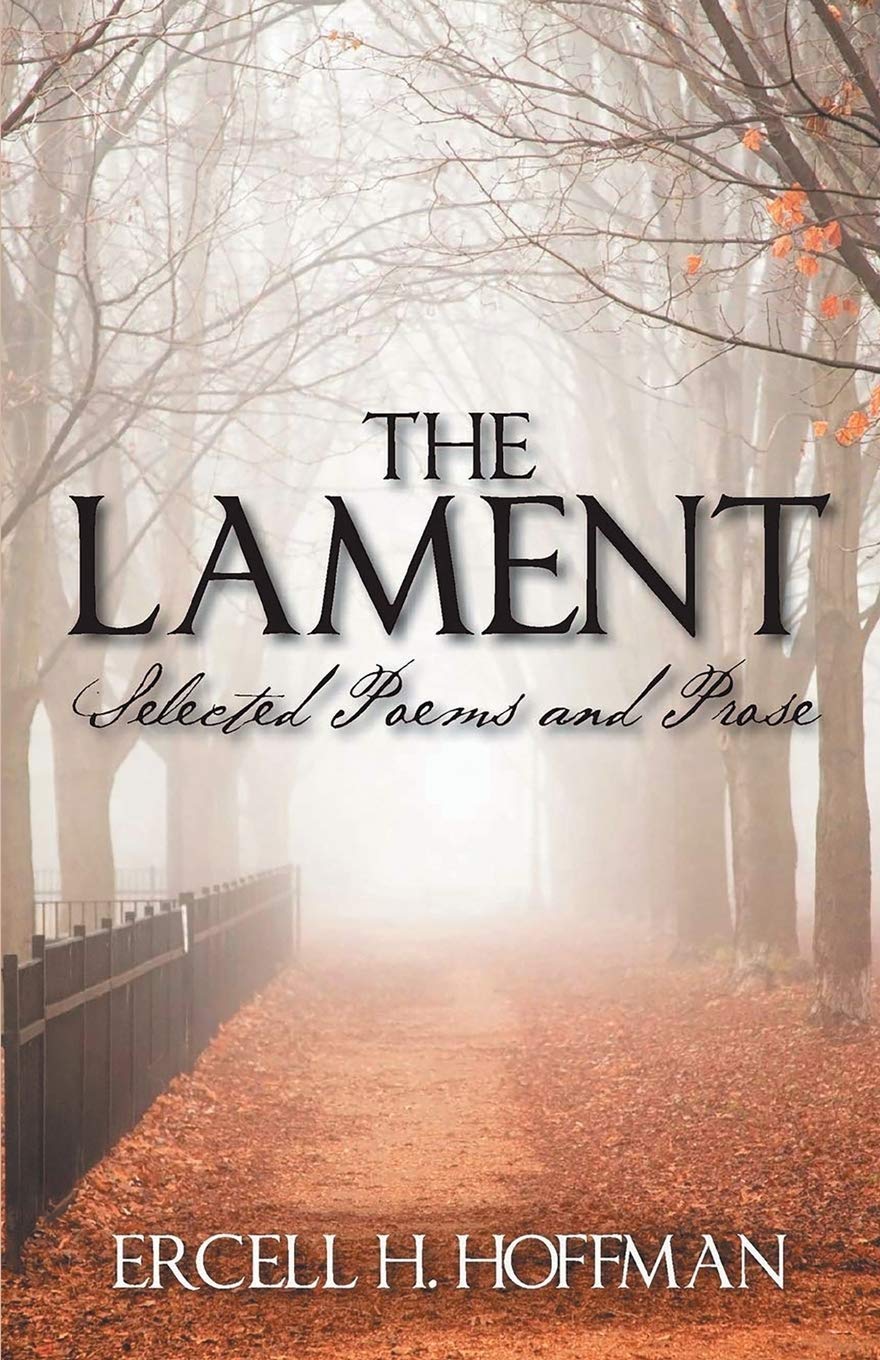THE LAMENT, a short collection of poetry written by Ercell H. Hoffman, takes love as its main subject, but in fact ranges far more widely, exploring such themes as identity, the work/life balance, and the nature of memory. Hoffman’s previous output has been largely confined to prose, but, although there are some issues with this collection, there is a warm sincerity in these verses that suggest the author would profit were she to push a little further into poetry.
The style on display is conversational in tone, and nakedly emotional; very little is left unsaid, and the poet’s overwhelming longing for loves imagined and lost is at the heart of the collection. Hoffman is mostly uninterested in meter; a few experiments with tetrameter and catalexis here and there, such as “Memories” and “Knowing You”, are indicative of a poet still getting to grips with metrical patterns. A favored device is anaphora, which is put to good use in “What the Hell if I Dream”, one of the strongest poems in the collection. Using the writing of a poem itself as a metaphor, Hoffman expresses the age-old yearning for a departed lover in emphatic, unapologetic terms. However, other poems devoted to love make copious use of metaphors so familiar to us that they fail to land with the force of newer or novel imagery.
Elsewhere, Hoffman discusses other issues. “Being Black” is a powerful meditation on the multiple compromises, Hobson’s choices, and microaggressions that assail Black people in America. “A Summer Evening On Campus” offers comment on the discovery of identity and Black heritage, and the strangeness of “gulping to discover those things which are ours”, yet remaining “outcasts”. This said, there is a feeling that some of the pieces here could have benefited from more drafting. For example, “Expressions”, the centerpiece of the collection, gives voice to obsessive desire, but struggles to maintain its intensity over six pages – a little editing down would have allowed the really resounding phrases to take center stage, as well as tightening the focus overall. Finally, the book’s typesetting is somewhat wayward, with abrupt changes in font size and shifts in font for the poems’ titles for no obvious reason. As noted, there is promise here. Hoffman has something to say, and does not shy away from saying it. But THE LAMENT has the feel of a debut collection – there are many ideas here that are almost, but not quite, brought to fruition. It will be interesting to see how the author’s poetic output develops as time goes on.
Ercell H. Hoffman’s promising poetry and prose collection THE LAMENT, offers heartfelt meditations on love, loss, and memory.
~Craig Jones for IndieReader


